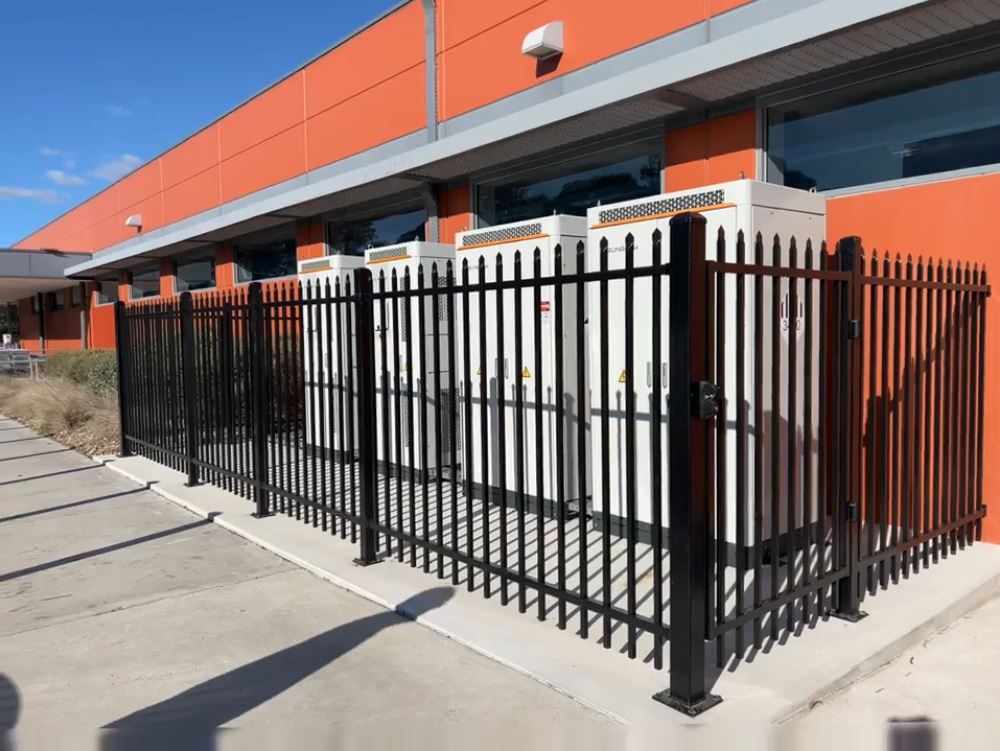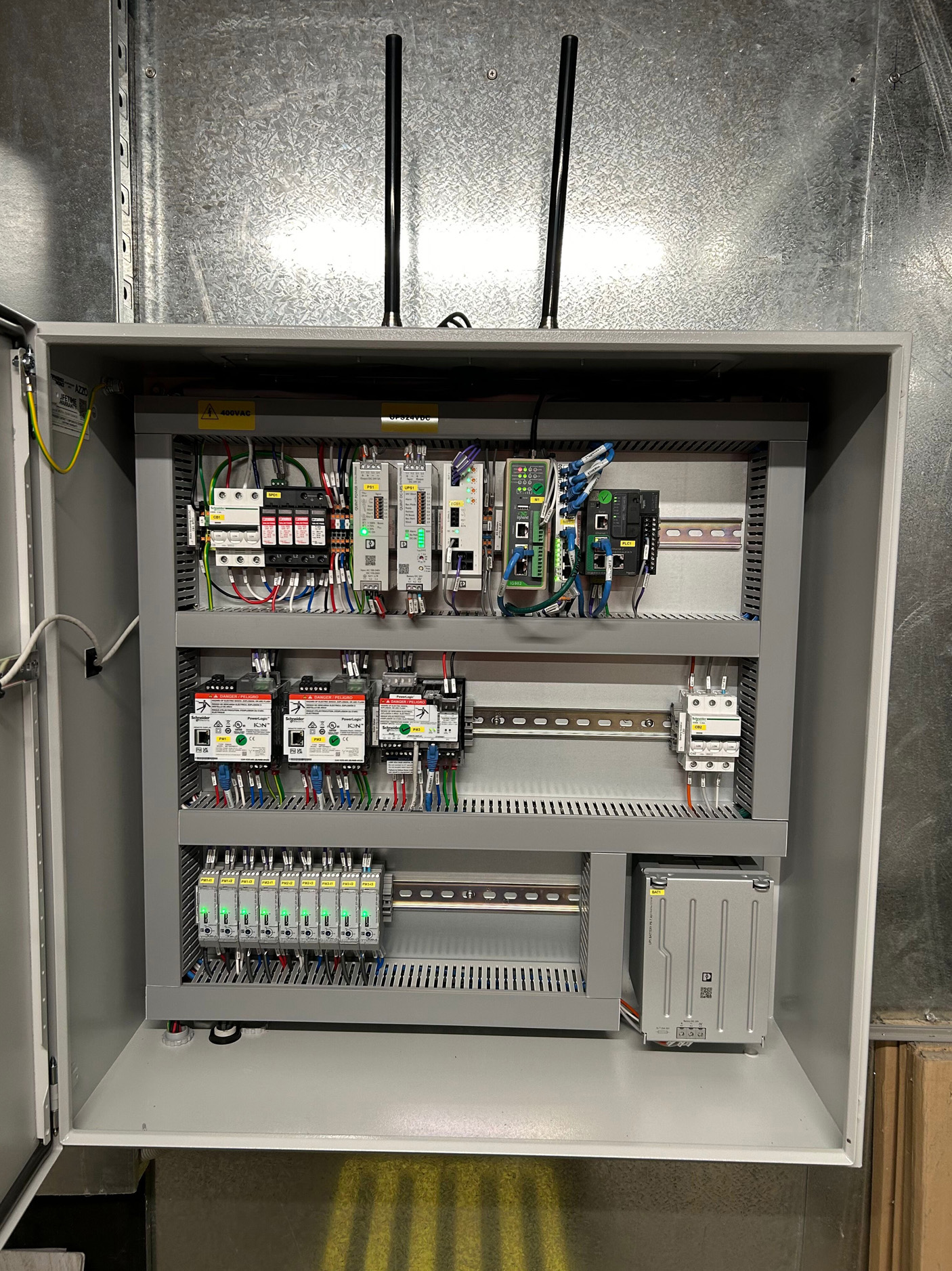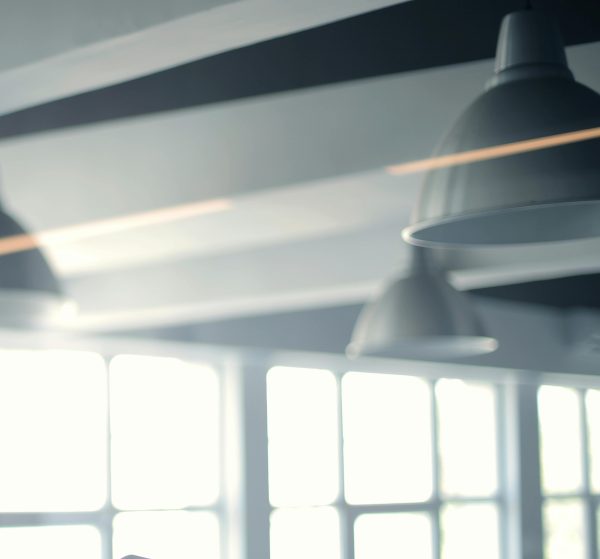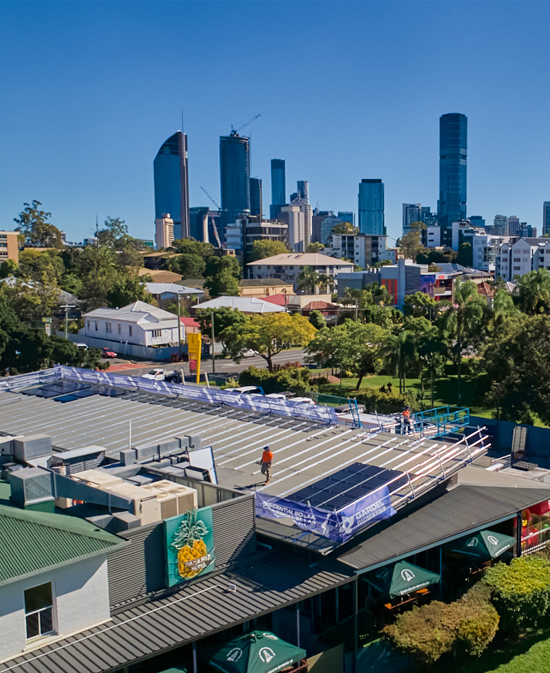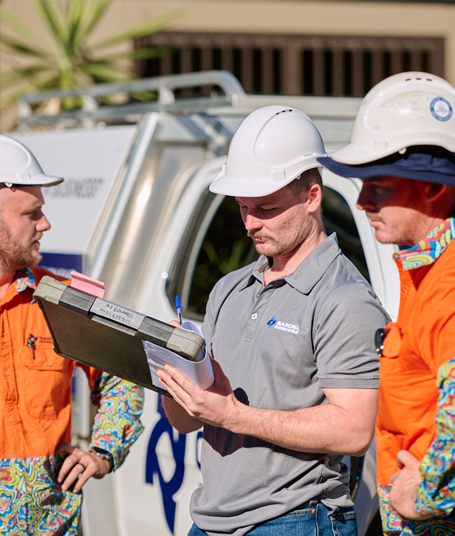
Your commercial solar partners
We provide reliable, high-performance renewable energy solutions designed to reduce operational costs and meet sustainability targets. All work is executed by our in-house team, ensuring quality at every step.
Your Long-Term Energy Partner
From analysis and feasibility through to construction and ongoing monitoring, Garde Electrical & Solar’s in-house team ensures maximum returns and efficiency from its investment.
Having designed and installed systems across some of Queensland’s largest companies and governments, our process is in-depth and detailed, to ensure your business’s unique needs, goals and investment.
Our COMMERCIAL RENEWABLE ENERGY services
Net Zero Journey
Net-zero targets are a significant shift towards a climate-conscious future. For businesses to be recognised as net-zero, they must significantly reduce emissions by 2030 and 2050, without relying solely on carbon offsets. Renewable energy systems are a vital component of achieving net zero.
As a leading provider, Gardel Electrical & Solar will collaborate with your business to significantly reduce its reliance on fossil fuels and decrease its carbon footprint. Our team of experts will work closely with your team to develop a tailored strategy that aligns with your specific needs objectives, and the Australian Government’s Renewable Energy Target.
COMMERCIAL PROJECTS
Explore previous commercial and industrial projects in Queensland and beyond.
Commercial and industrial solar systems designed and installed in Brisbane & beyond
As a Queensland-owned business, we have an in-depth understanding of the state’s diverse climate, allowing us to design renewable energy systems specifically for your business’s cost requirements and sustainability targets.
Our in-house team of engineers, project managers, and installers handles every stage of the process, from design to installation, ensuring top-quality results. With our headquarters in Brisbane, we regularly work with clients across Queensland and New South Wales, including remote and regional areas.
- Brisbane
- Moreton Bay
- Redland Bay
- Logan
- Ipswich
- Gold Coast
- Sunshine Coast
- Lockyer Valley
- Scenic Rim
- Somerset Region
- Wide-Bay Burnett
- Darling Downs
- Central Queensland
- North Queensland
- Far North Queensland
- North West Queensland
- Central West Queensland
- South West Queensland
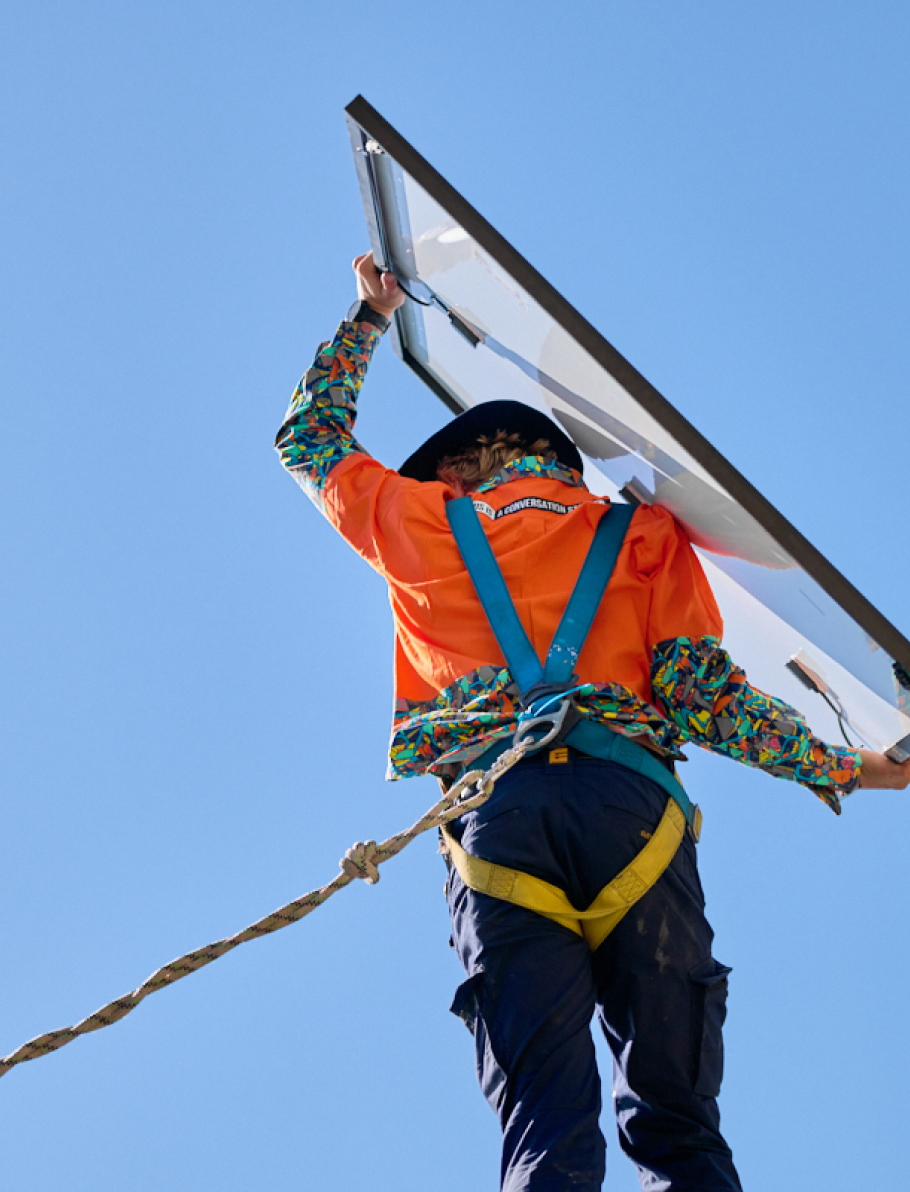
- Industry UpdatesSolar power is a great way to save money on your energy bills and reduce your carbon footprint. However, whenever government incentives and subsidies are involved unscrupulous solar sales teams and providers will follow. We’ve heard dozens of stories from people who have experienced high-pressure sales tactics and overpromises with under deliveries. Sadly, we’ve been called to fix or finish many incomplete installs, and even replace entire systems for customers who have fallen victim to these sales teams.
- Industry UpdatesA one of Queensland’s most-experienced solar companies, we are part of REC’s network of Gold Certified Solar Installers, bringing what we believe is one of the best solar products to our customer’s homes and businesses. Established in 1996 in Norway, REC is an international solar panel manufacturer with a brand that’s synonymous with quality, innovation, and outstanding reliability. 27 years on, the company remains true to its Norwegian roots with its head office still in Norway and a factories in Norway and Singapore.
- Industry UpdatesAustralia is one of the sunniest places on earth – and we are making the most of it when it comes to harnessing all that sunshine. As of October 2023, a respectable one in three rooftops had solar panels installed, generating free, clean, and sustainable energy. That said, it’s important to understand solar financing. Installing a quality solar system in your home or business needs a substantial initial outlay. It pays to seek expert advice and do your research to determine the solar panel installation cost and how to finance it.
- Industry UpdatesAre you looking to take your energy independence to the next level? Then solar battery storage might be just what you need. In this guide, we’ll cover the basics of solar battery storage, including how it works, the benefits, and some popular options on the market, including those offered by Gardel Electrical & Solar, one of Queensland’s most trusted installers.
- Industry UpdatesIn this blog our team will be busting the myth that hotter temperatures increase the amount of energy produced by solar panels. Even though a solar PV system does produce the most energy in hotter months like December and January, this isn’t because of temperature. In fact, excessive heat actually reduces the amount of power a system can produce. As a basic rule, the power and energy produced by panels begin to decrease once the cell temperature of the panels goes above 25°C (based on standard test conditions).
Client Testimonial
Don’t just take our word for it
“We’re extremely satisfied with the renewable energy system designed and installed by Gardel Electrical & Solar at the Pineapple Hotel. The comprehensive approach, from design to installation, was impressive. The team efficiently completed the project with no disruption to business operations and we were particularly impressed with the professionalism of the installation team, led by Aiden. With an almost 100kW system now in place, we anticipate substantial cost reductions.”
CONTACT US
Interested in a career at Gardel Electrical & Solar? Contact our team
Complete the form and our team will contact you within 12 business hours (Monday-Friday, 7AM – 4PM AEST).
Unit 1 / 22 Varley Street
Yeerongpilly, QLD 4105
